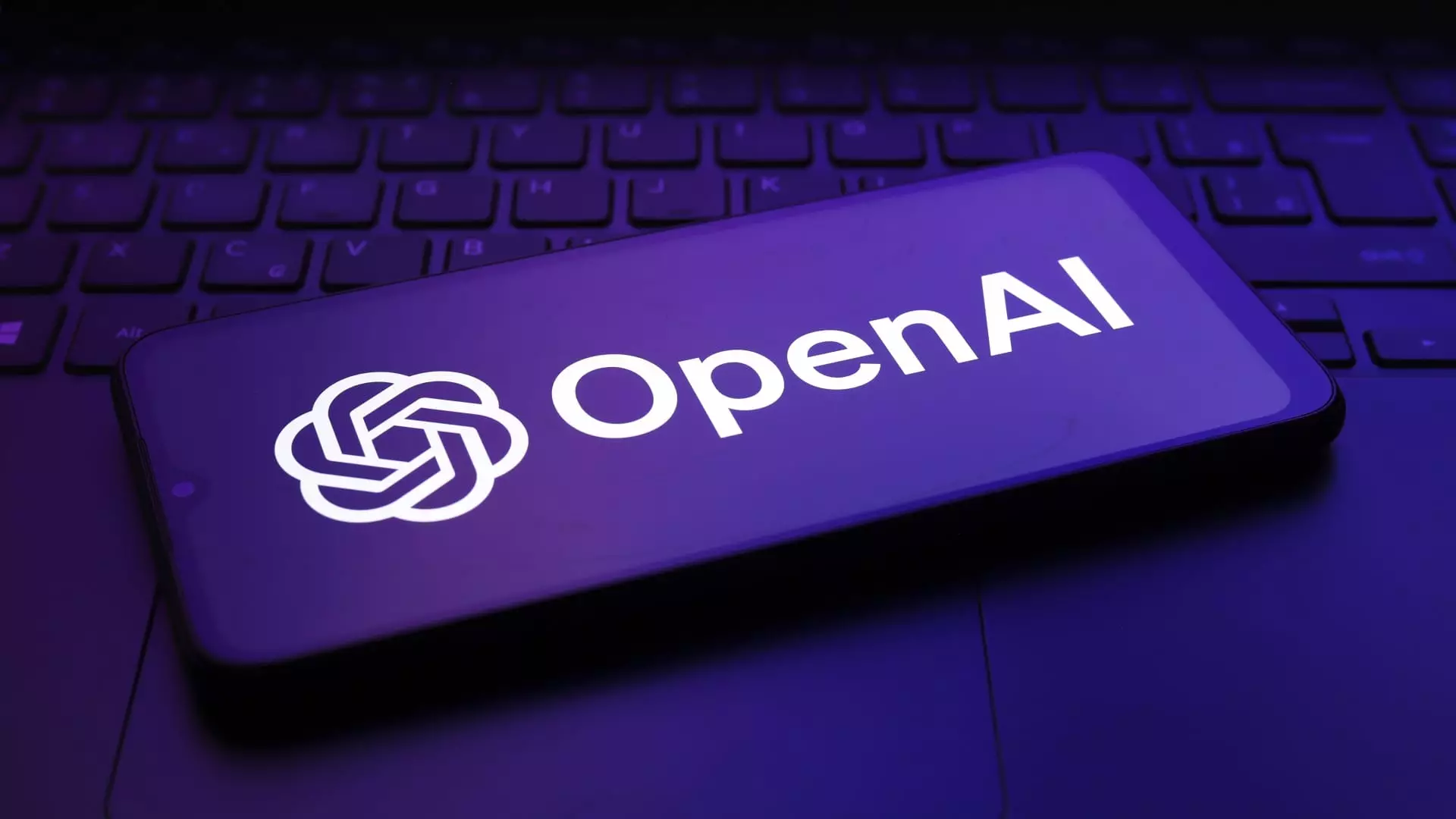The recent death of Suchir Balaji, a former OpenAI researcher, has cast a somber light on the ethical dilemmas surrounding artificial intelligence. At just 26 years old, Balaji raised significant concerns about the exploitation of creative works in the development of AI tools like ChatGPT. His departure from OpenAI earlier in the year highlighted a growing discontent within certain tech circles regarding the ramifications of unregulated AI advancement. Balaji’s assertion that OpenAI may have violated U.S. copyright law resonates with a larger conversation about the moral responsibilities of tech companies as they forge ahead in the rapidly evolving landscape of artificial intelligence.
Balaji’s passing, ruled a suicide by the San Francisco Office of the Chief Medical Examiner, has shocked many in both the tech industry and broader community. According to law enforcement, authorities were alerted to perform a welfare check at Balaji’s residence, where they discovered his body, finding no evidence of foul play. This tragic event has raised numerous questions—both about the pressures that employees face in high-stakes environments and the mental health issues that can arise when individuals grapple with ethical conflicts in their professions.
Balaji’s outspoken criticism of OpenAI’s practices, particularly regarding the use of copyrighted materials for training AI models, underscores the tension between technological advancement and intellectual property rights. He articulated a belief that the growth of AI could detrimentally impact content creators, effectively undermining the commercial viability of their work. His comments drew attention from widely respected media outlets like The New York Times, where he emphasized the moral imperative for individuals concerned about these issues to take action, even if it meant leaving a prestigious organization.
OpenAI’s Response and the Broader Impact
In the wake of Balaji’s death, OpenAI expressed deep sorrow, acknowledging the gravity of the loss and extending condolences to Balaji’s family. Their response serves as a reminder of the human element often overshadowed in discussions about technology development. OpenAI, alongside significant backer Microsoft, faces ongoing litigation from various stakeholders, including publishers and artists, who claim to have been harmed by the perceived misuse of their intellectual contributions in the training process of AI systems.
Balaji’s tragic end should be a clarion call for policymakers, tech companies, and society at large to consider the ethical dimensions intertwined with technological advancements. As the fervor surrounding AI continues to surge, the need for transparent guidelines and ethical frameworks cannot be overstated. While innovation drives progress, it is imperative that such progress does not come at the expense of fundamental rights and well-being. Balaji’s story emphasizes that the conversation around AI is not merely a technical one; it entails deep moral considerations impacting real lives and livelihoods.
In reflecting on this somber episode, we must recognize the importance of fostering a culture in tech that prioritizes ethical responsibility alongside innovation.


Leave a Reply
You must be logged in to post a comment.